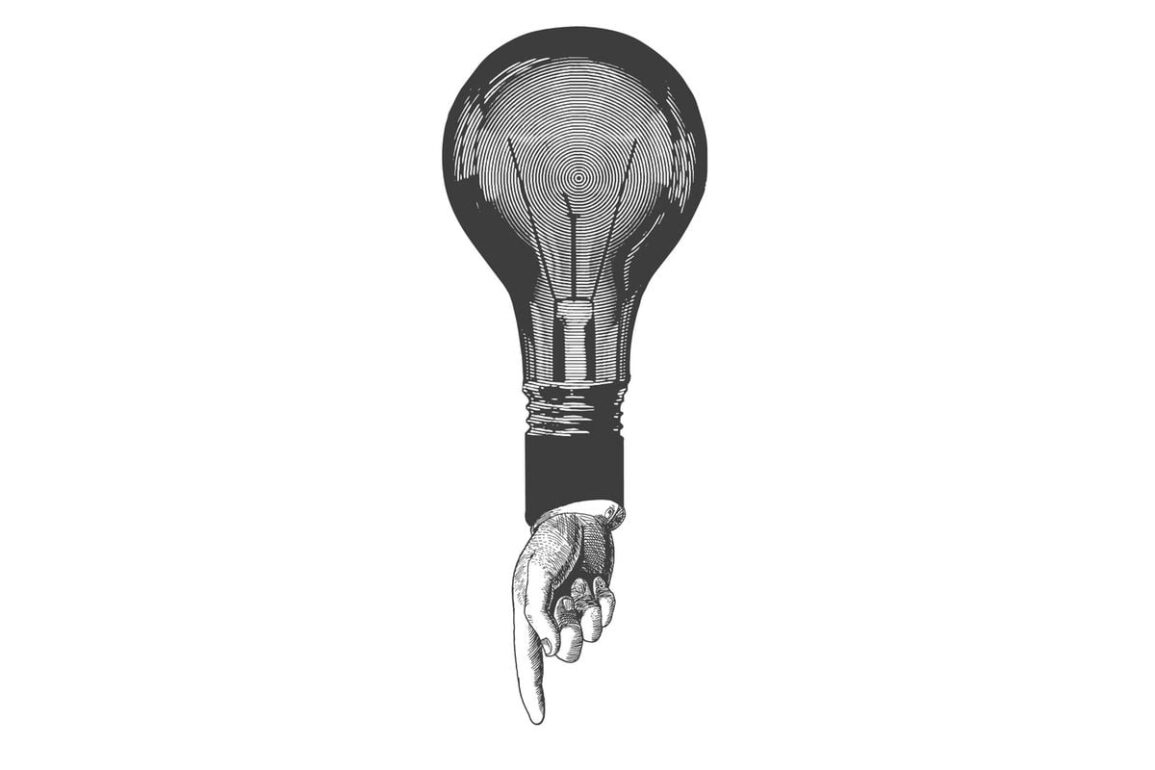
“The test of a first-rate intelligence is the ability to hold two opposing ideas in mind at the same time and still retain the ability to function,” wrote the novelist F. Scott Fitzgerald.
On the surface, business should be easy. So much great learning material easily available, YouTube is a virtual ‘bordering on world class’ university. Many business leading lights, never completed university. Prime example would be Mustafa Suleyman, the British artificial intelligence entrepreneur, CEO of Microsoft AI, and the co-founder and former head of applied AI at DeepMind did not attend their graduation day.
Mastering paradox is one essential management skill that you won’t see listed on someone’s resume, or on LinkedIn. Yet, that ability to make good things happen, in a room full of contradictions is a treasured business art form.
“A seemingly absurd or contradictory statement, or proposition, which when investigated may prove to be well founded or true” defines paradox.
Business can be more like the mysteries of quantum physics, where Heisenberg’s uncertainty principle, leads to the paradox of particles appearing to be in two places at once.
Kind yet cruel
Managers are told to listen, be compassionate and caring, yet fast moving and decisive. “Hire slowly, fire quickly” is a well worn maxim, yet firing a family’s sole bread winner seems heartless.
In an age of unprecedented sophisticated ‘always on’ communication technology, we are losing our ability to talk to each other. Having a face to face meaningful conversation is a rarity, with some people spending up to seven hours a day staring at various screens. Paradoxes abound, popping up overnight, like mushrooms.
“What you choose to work on, and who you choose to work with, are far more important than how hard you work,” advises angel investor Naval Ravikant.
Yet, while a stress on ‘work life balance’ is politically correct, you will notice successful business people, from Jane at the neighbourhood duka, to Elon Musk are workaholics. The aim is to plan ‘strategically’ over the next three to five years, yet a game changing [unimagined] event can happen, before the sun goes down. The best way to be sustainable is to provide what appears like an unstainable value proposition.
Name of the game
In essence, business is about value creation and capture. Yet a budding entrepreneur’s bright idea for a product – that will hopefully gobble up market share – often goes belly up. In practice, who defines what has value is the customer, not the inventor.
On the menu of economic policy, extolling the virtues of entrepreneurship is standard fare, encouraging small business that generates jobs, injecting funds, creating disposable income, and demand in the local economy is the goal, yet most start-up endeavours fail.
Economist Joseph Schumpeter’s process of ‘creative destruction’ is the paradoxical damaging progression, that fuels economic growth. Everyone agrees innovation is the lifeblood of progress, yet innovation is most likely to come from the quirky struggling tiny largely ignored upstart, and not the large corporate, that now dominates the market.
Competing without competing
‘Empower’ is a much used buzzword, yet empower means the most powerful person is the one who dispenses, gives away their power. It may be the case that the best way to compete, is to choose not to compete in a head on struggle. “Because she competes with no one, no one can compete with her” said Lao Tzu, almost 2,500 years ago.
“The wise warrior avoids the battle. He will win who knows when to fight and when not to fight” is ancient wisdom from Sun Tzu, revived in the notion of ‘blue ocean’ strategy.
Perhaps the wisest paradox was pointed out by the biologist Charles Darwin: it is not the strongest, or most intelligent that survives, but the one most adaptable to change. Your pace, or mine.
This post was originally published on this site be sure to check out more of their content








